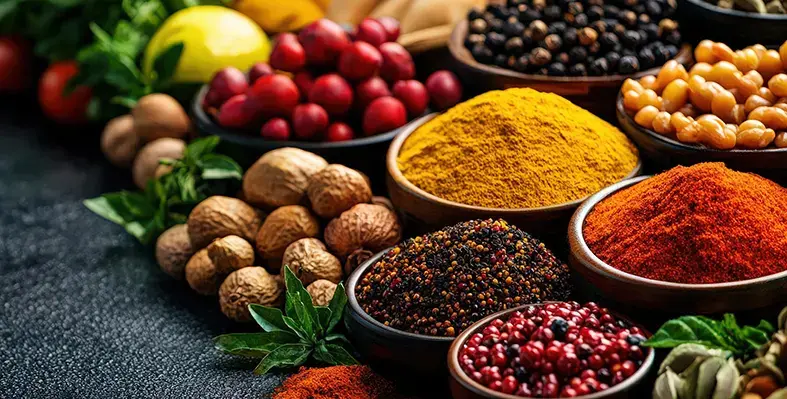The recent decision by the United States to scale back some of its steep Liberation Day tariffs has offered a modest but welcome reprieve to a portion of South Africa’s agricultural sector.
Yet despite this development, many producers remain exposed to tariff pressures that continue to threaten market access and competitiveness in one of South Africa’s most important export destinations.
As Wandile Sihlobo, chief economist at the Agricultural Business Chamber of South Africa and senior fellow in Stellenbosch University’s Department of Agricultural Economics, has observed, the latest move does little to address the broader vulnerability of the sector. “However, concern remains, since the recent modification only benefits a few agricultural industries and does not address the overall exposure of the sector to the US.”
Higher tariffs are effectively a tax on consumers in the importing country, and American households have been feeling the consequences through increased food prices since the tariffs were introduced earlier this year. Responding to these pressures, Washington has revised its policy by exempting a range of food items an acknowledgement that the original measures have had unintended and inflationary effects.
Among the products now exempt are coffee, tea, fruit juices, cocoa, spices, and a wide selection of fruit including avocados, bananas, coconuts, guavas, limes, oranges, mangoes, plantains, pineapples, tomatoes, various peppers, as well as beef and additional fertiliser products. For South Africa, this adjustment will particularly benefit exporters of oranges, macadamia nuts and fruit juice.
However, other key exports such as table grapes, wine, ostrich products and ice cream are excluded from the tariff relief and must still contend with elevated duties. This remains a concern for producers in regions such as the Western Cape, which depend heavily on the US market despite the relatively modest national share of agricultural exports heading to America. In 2024, the US accounted for around 4% of South Africa’s agricultural exports, valued at US$13.7bn.
South African exporters took advantage of a temporary pause in tariff increases in the second quarter of 2025, accelerating shipments and achieving a 26% year-on-year rise in agricultural exports to the US, reaching $161-million. But uncertainties remain as the country enters the table grape export season, where South Africa already faces a 30% import tariff significantly higher than the rates paid by competitors such as Chile and Peru, who face duties of roughly 10%.
If the African Growth and Opportunity Act (AGOA) is not renewed, South Africa’s tariff burden could grow further, climbing to around 33% when taking into account the Most Favoured Nation tariff levels that applied before the Liberation Day duties were imposed.
Negotiations with the US continue, but progress is slow. Other major economies, including EU member states and Japan, are still subject to tariff rates of between 15% and 20% even after recent agreements, highlighting the global difficulty of securing meaningful tariff concessions. Complicating matters further are strained diplomatic relations between South Africa and the US, particularly as Washington continues to “spread misinformation about the lies of genocide in South Africa”.
For now, the tariff adjustments introduce only limited relief. Many agricultural industries remain exposed, but the sector continues to diversify exports elsewhere around the world. Improved access to the US market would complement South Africa’s broader ambition to expand global export opportunities and sustain agricultural growth.





